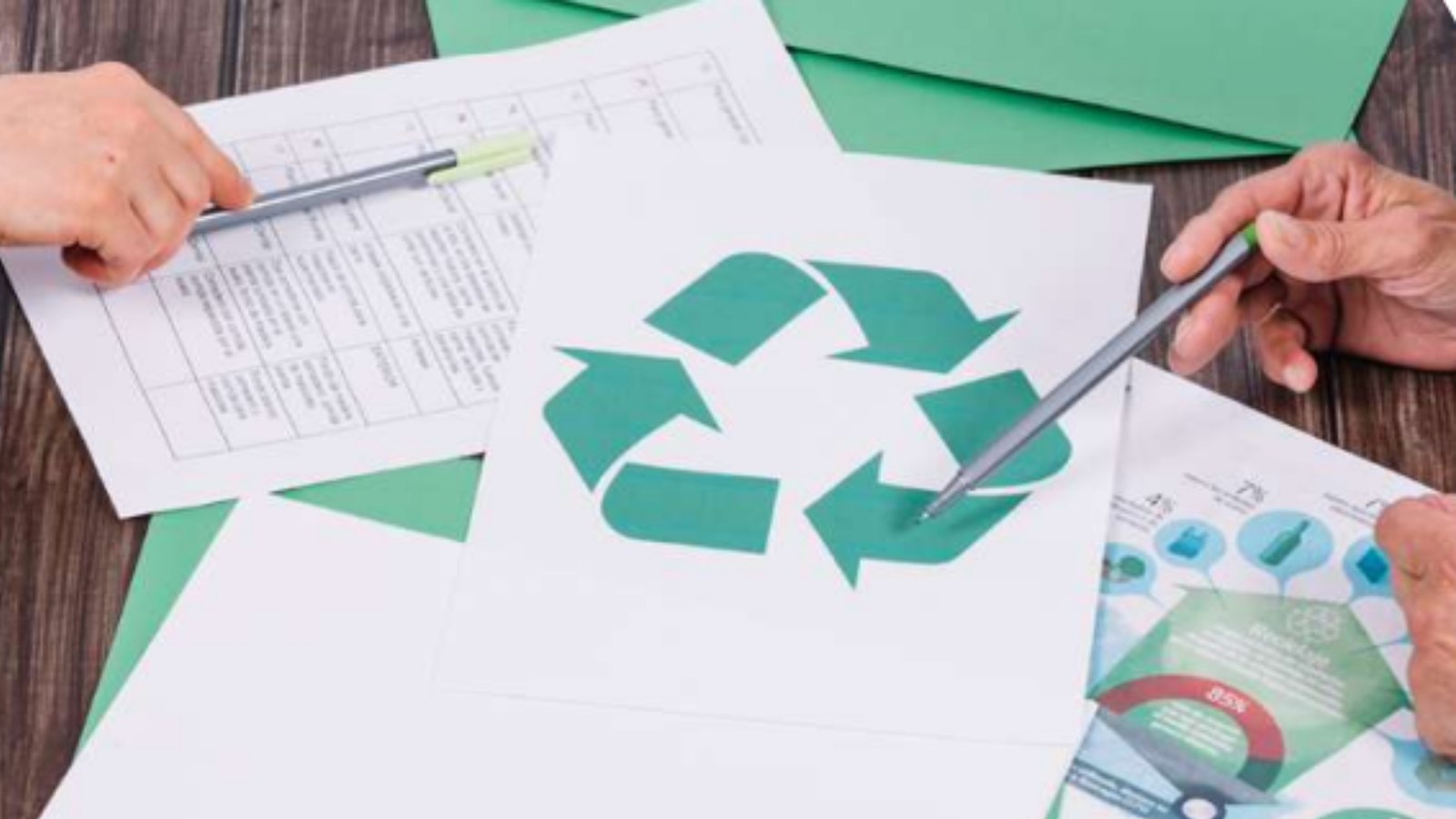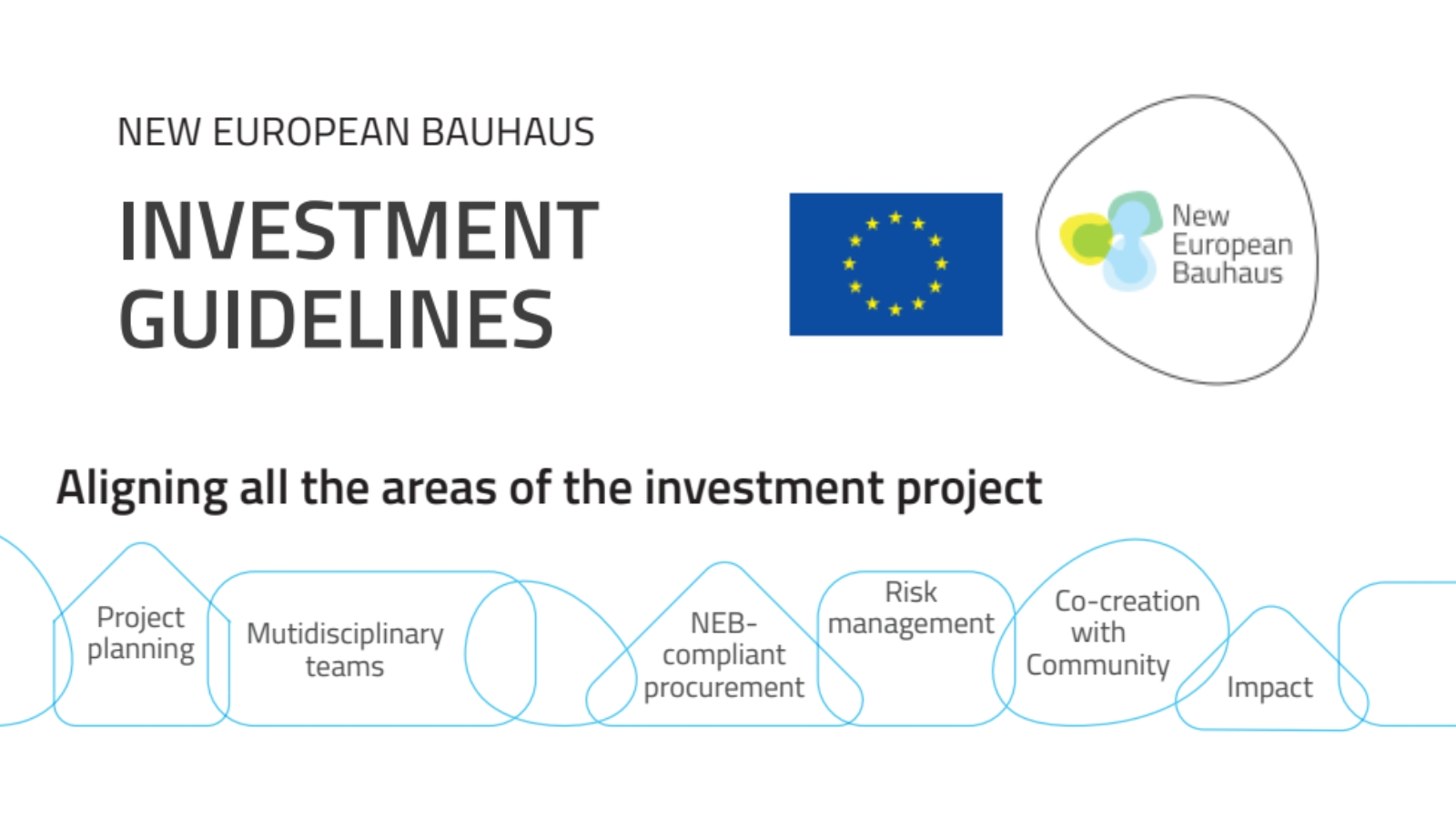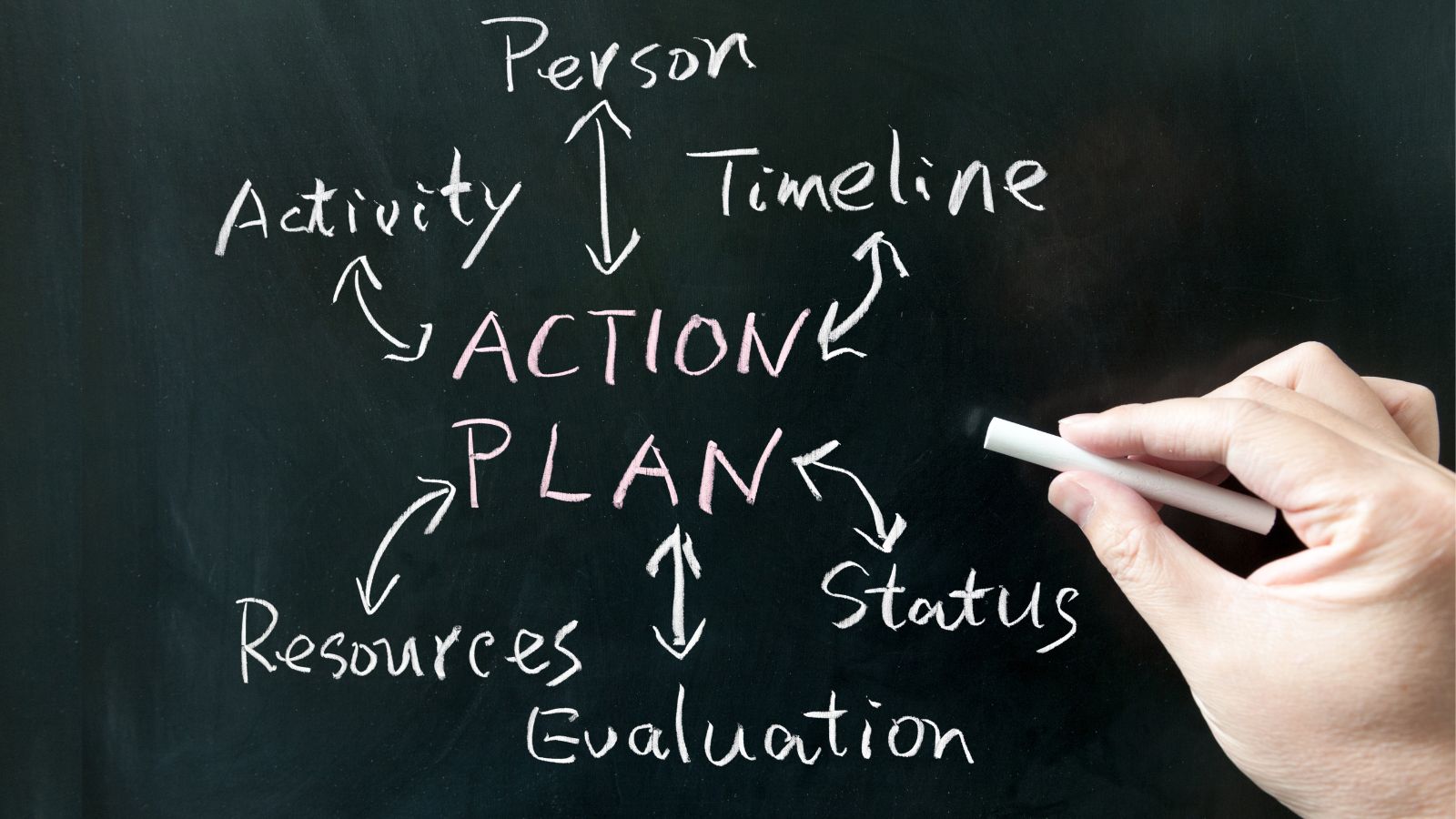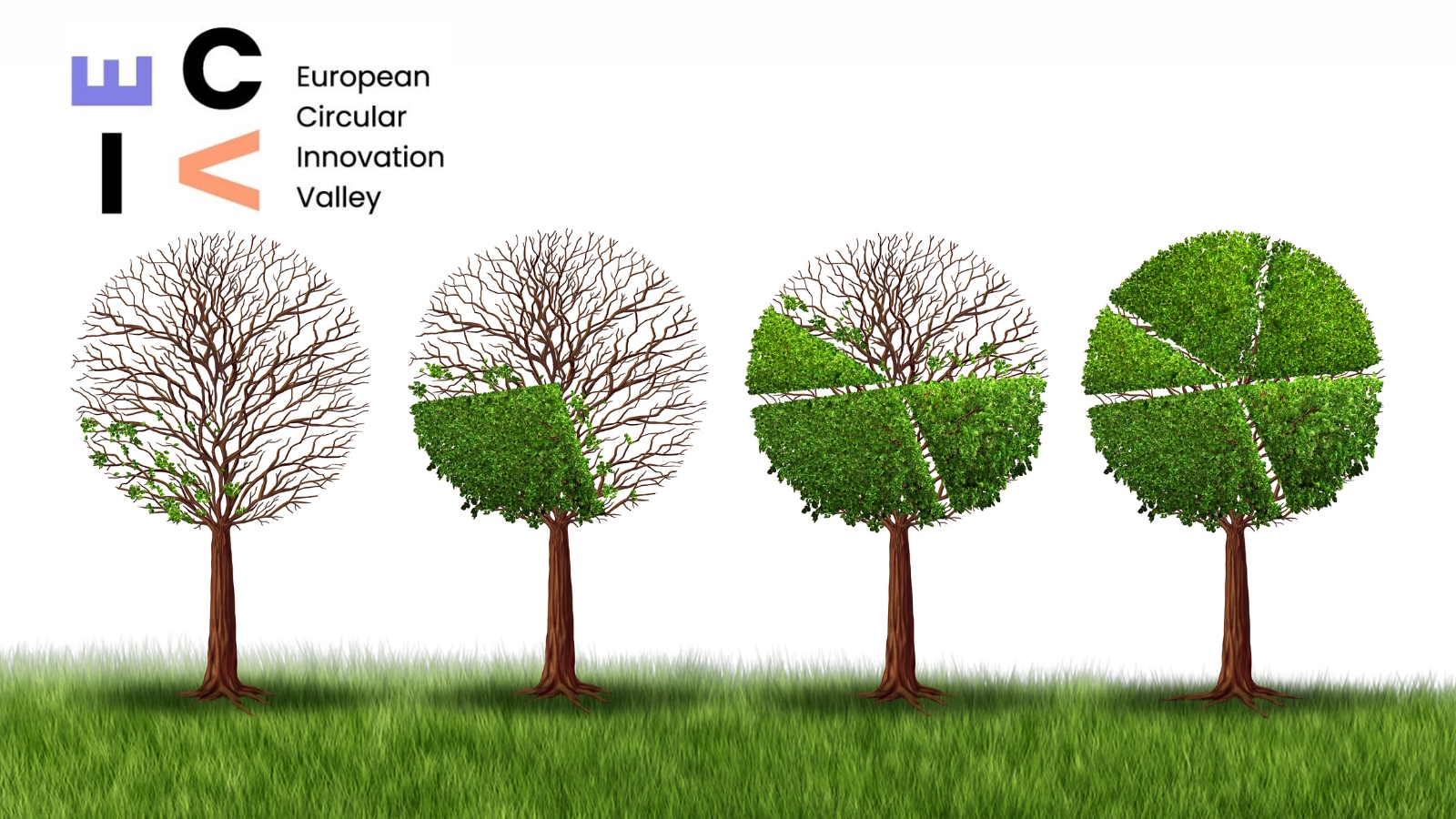Forética has organised the sixth edition of the ‘Circular Economy Business Forum’ meeting within the framework of the ‘Circular Economy Action Group’ – a benchmark business platform in Spain in this field – which it leads with 15 large companies – Airbus, Grupo Antolin, EDP, Endesa, Ecoembes, Holcim, Iberostar, L’Oréal, Mahou San Miguel, Naturgy, Nestlé, Redeia, Repsol, Saica and SAP. The meeting addressed the main advances in this field at European level and their implications for companies.
Despite the important objectives that are being achieved in terms of circularity, the global economy is currently only 7.2% circular, as highlighted in the Circularity Gap Report 2023. A systemic transformation of the current production and consumption model is needed to reduce the amount of resources extracted and reduce the waste produced, which currently accounts for 50% of the total volume of resources extracted.
For this reason, the circular economy has become one of the priorities on the European Union’s political and business agenda. The Sustainability Plan that accompanies the environmental commitment of the Spanish Presidency of the EU, which began on 1 July, includes among its main lines of action the promotion of the sustainable use of resources and the reduction of waste in order to favour the circular economy.
Commitment and measurement
In this commitment to promote circular action, measuring the circularity of business becomes a key element in setting ambitious targets. To support companies in this area, in the framework of the ‘VI Circular Economy Business Forum’, Forética has presented the document ‘The accountability of circularity: a practical guide for measurement’. The guide establishes six steps for measuring the integration of the circular economy in companies: strategy and planning, indicator selection, information collection, measurement, objectives, commitment, action and reporting.
During the ‘VI Circular Economy Business Forum’, the main trends in circular economy at European level have been addressed, with the intervention of María Rincón Liévana, team leader of Circular Economy of the Directorate General of Environment of the European Commission. In addition, representatives of the member companies of the Action Group shared their vision and experience in integrating the circular economy into their business strategy, as well as in the process of accountability and measurement of circularity.
The Circular Economy Action Group is the business meeting point for leadership, knowledge and dialogue to highlight the importance of developing circular business models. In previous editions, the Action Group presented a positioning document that includes a series of recommendations to accelerate business action towards a more circular Spain in 2030, articulated under three axes that will be key to the change of model that will allow progress towards a more circular ecosystem: improving governance, accelerating action and promoting impact alliances. In addition, Forética published the reports ‘Innovation and financing: the pillars for circular transformation’ and ‘Maximum circular ambition for the Decade of Action’ within the framework of the Action Group.
The Task Force also worked on addressing the business transition to the new plastics economy, with the following reports published: ‘Business ambition for moving towards the new plastics economy’ and ‘The reality of plastics: myths and truths’. It also addressed metrics and indicators, having collaborated with the WBCSD on the CEO guide on circular economy.
(Information published by Forética, here).









